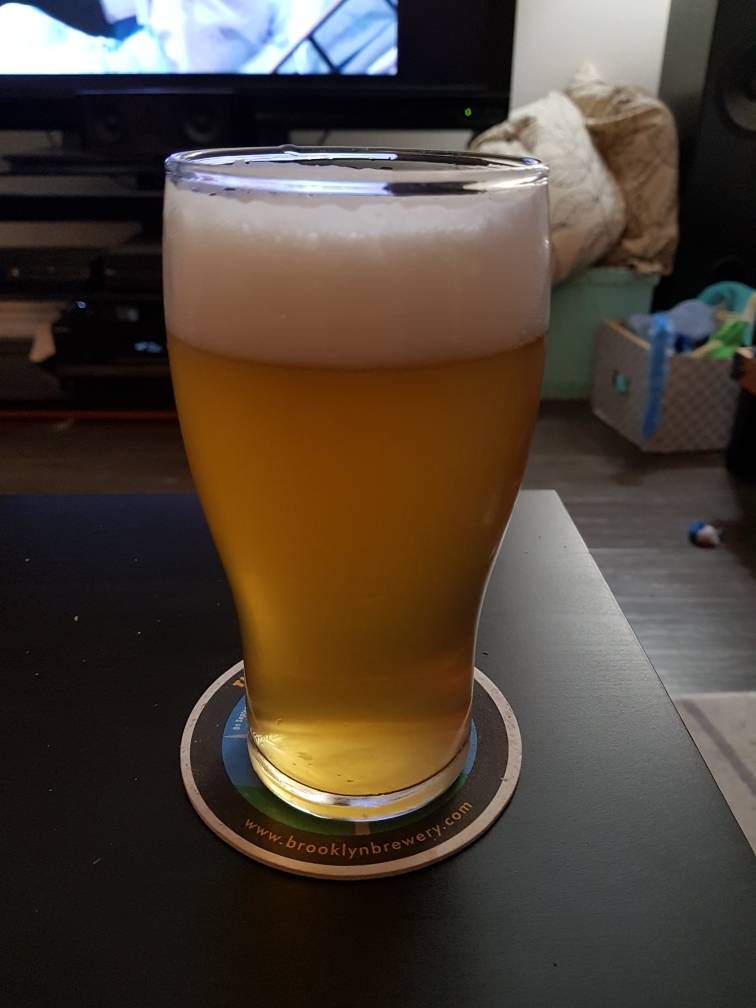Since you have that filter system, I guess you want to put it to good use? Sure, you can push your beer into a 2nd keg, through that filter pack with graduated pads from coarse to fine, but you may be surprised how fast it clogs if your beer is visibly cloudy.
Here's what I would do:
First cold crash your fermentor for a few days, with some gelatin, at 30-32F. Then transfer to a keg, add some gelatin, purge well (or do a 100% Starsan prepurge) pressurize to 30-40 psi, disconnect from the gas, and put in a cold refrigerator for a few days to 2 weeks at 30-32F. Most yeast that remained in suspension will have sunk to the bottom of the keg by then. Carefully, without agitating, lift the keg out of the fridge, and push the (almost) clear beer into a 2nd (100% Starsan pre-purged) keg. You'd blow off the first few pints as they will be extremely yeasty. As soon as clear beer comes out, connect to the 2nd keg using a liquid-to-liquid jumper hose.* Stop the transfer (pull the liquid QD quickly off the keg) as soon as yeast starts to enter the jumper tube, or better yet, your keg is nearly empty (on a scale, go by weight).
* This where you can insert your filter pack between the 2 kegs.
Make sure to purge the filter system with CO2 before transferring beer.
BTW, you can't pressurize carboys, so unless you like to suck flat beer out of the carboy, I'd stick with kegging.

















![Craft A Brew - Safale S-04 Dry Yeast - Fermentis - English Ale Dry Yeast - For English and American Ales and Hard Apple Ciders - Ingredients for Home Brewing - Beer Making Supplies - [1 Pack]](https://m.media-amazon.com/images/I/41fVGNh6JfL._SL500_.jpg)








































